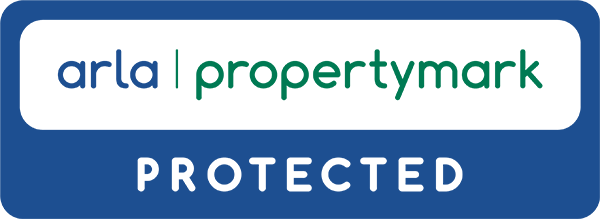Plans to simplify tax for landlords
The Office of Tax Simplification (OTS) published its policy paper, OTS Property income review: Simplifying income tax for residential landlords this month, following a call for evidence on how to make taxing the income on residential properties in the UK simpler and how to increase understanding of landlord obligations earlier this year.
There are a number of recommendations from clarifying making tax digital for landlords to taxing the cost of repairs, replacements, and improvements and simplifying property tax for non-UK resident landlords. The recommendations cover the short and medium term and will potentially affect over 2.9 million residential landlords who are already preparing for the rental reforms due in 2023.
So what are the recommendations and how might they affect landlords in Stockport and Manchester?
Clarifying Making Tax Digital for Income Tax for landlords
In April 2024, new rules will come into effect requiring applicable landlords - around 1.38 million - to keep digital records and submit their income tax returns via Making Tax Digital (MTD) compatible software.
There will be a new system established for filing income tax reports for jointly-owned properties, third parties will be able to access Making Tax Digital, so that they can submit relevant information on behalf of landlords to support their income reports and the income threshold at which landlords will need to use Making tax Digital is to be more than £10,000 for the medium term. This latter clarification is in response to concerns that the increased costs and burden of compliance in setting up Making Tax Digital may well outweigh the low net profit landlords would earn.
Taxing the cost of repairs, replacements, and improvements
The report recommends updating the tax guidance on tax allowances for repairs, replacements, and improvements to residential rental properties, so that landlords and HMRC are clear on what is allowable and what is not. The report goes further and recommends creating an all-encompassing income tax relief for property costs. The new rules would still not allow works that are a capital cost of the building under Capital Gains Tax.
The Office of Tax Simplification made this recommendation in order to "support the government’s objective in improving the environmental standards of rented property, by offering certainty of tax relief for those costs". Given that improving standards is top of the Government's agenda, this recommndation seems very likely to be adopted.
A separate tax regime for furnished holiday lets
The Office of Tax Simplification report notes that short term furnished holiday lets are currently treated differently to long-term let properties and so enjoy much more favourable tax treatment. This affects over 127,000 lettings businesses declared to HMRC. The report discusses whether a separate tax regime for short-term or holiday lets is beneficial or if "many currently use that regime as a proxy for many of the benefits of the trading rules.”
If the separate regime were abolished, the report recommends that a test should be introduced to define if the business owner is "trading". If it were to remain as is, then the report says that refinement is needed. Currently tax on furnished holiday lets in the European Economic Area (EEA) is treated the same as in the UK. However, as the UK is no longer a part of the EEA, the report recommends either expanding the treatment globally, or limiting the tax rules to the UK.
Joint property ownership and income tax
Currently, the taxable profits allocated to each taxpayer renting out a property jointly with their spouse or civil partner is split equally, unless Form 17 is completed. Other forms of joint ownership splits taxable profits according to beneficial ownership - and they can choose how they split this allocation.
The Office of Tax Simplification report recommends aligning income tax for joint ownership with that for Capital Gains or inheritance tax, and removing the 50:50 rule for spouses and civil partners - a recommendation affecting around 1.5 million individual taxpayers.
Property tax for non-UK resident landlords
Non-UK resident landlords are currently taxed on their UK based rented property, regardless of whether or not they're taxed in their country of residence. This means that they need to register for Self Assessment and filing UK tax returns. The report notes that these landlords can struggle to access the appropriate online systems to file their taxes and recommends making it easier.
Making it easier includes improving the issuing of log in details enabling them to manage their taxes online, giving landlords access to the online self-assessment tax return process, rather than having to submit paper documents, simplifying the claims process for a personal tax allowance as a non-UK resident, and making deadlines clearer for paper-based tax returns.
You can read the Office of Tax Simplification policy paper, OTS Property income review: Simplifying income tax for residential landlords, on the Government website at gov.uk.
Looking for advice on taxation for landlords or need help letting out your property? Find out more about our lettings and property management services here, or contact us on 0161 511 5339 or via our online contact form.





